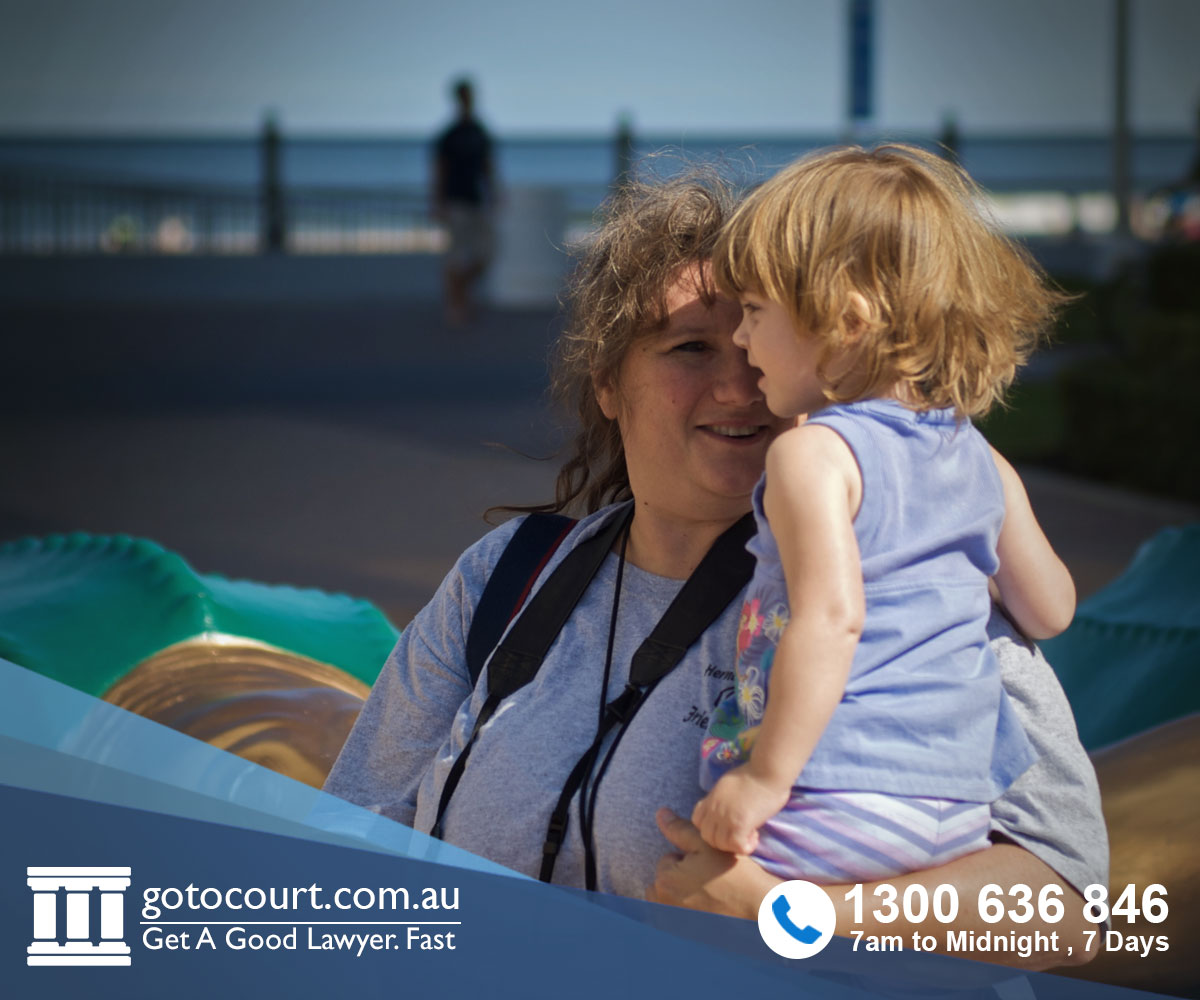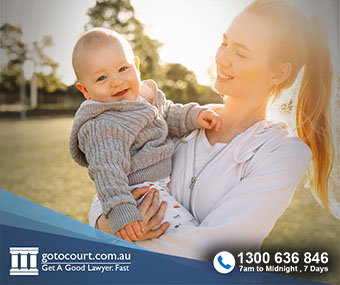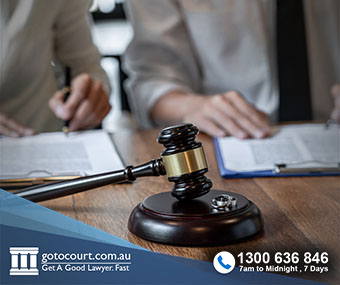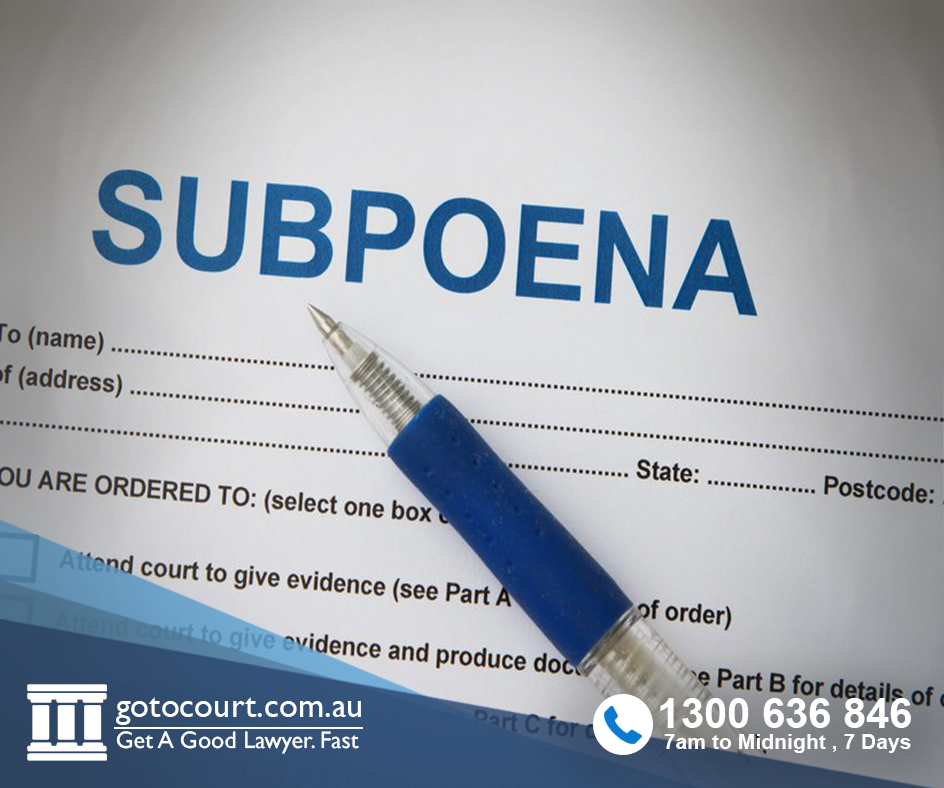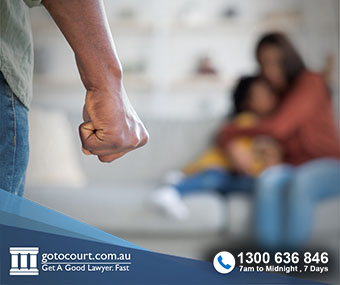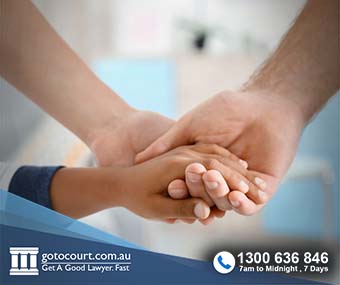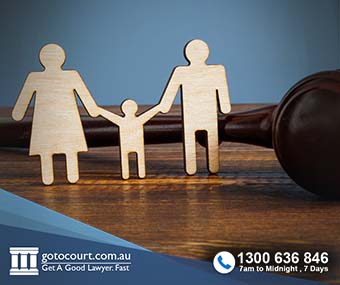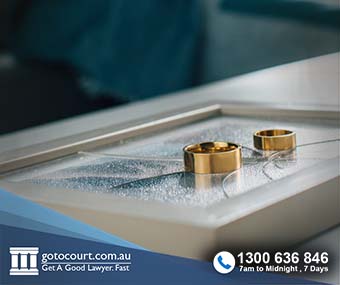Call our lawyers
now
or,
have our lawyers
call you
Location Orders and Recovery Orders
Updated on Jan 12, 2023 • 5 min read • 196 views • Copy Link
Location Orders and Recovery Orders
If one parent prevents the other parent from having contact with the child or children, it may be necessary to make an application for a recovery order and/or a location order. Location Orders and Recovery Orders are governed by Sections 67J and 67Q of the Family Law Act 1975 and address circumstances where a person is prevented from having contact with their children because the other parent has taken the children and is not disclosing their whereabouts.
Commonwealth Information Orders
The court can order that any person provide the Registry Manager of the court with the information they have about the location of a child. The court also has the authority to require the secretary of a department or an appropriate authority that may have knowledge of the other parent’s whereabouts to disclose this information to the court. This is called a Commonwealth Information Order. It is common for orders of this nature to be made for the purpose of obtaining information from financial institutions, Centrelink, Medicare and the Australian Tax Office, amongst others.
Publication Orders
The court can also make Publication Orders. These enable the media to report limited details and publish photographs of missing children and the person they are believed to be with. As each case is different, the terms of the Publication Order can vary. These Orders are generally a last resort.
Location Orders
A Recovery Order or Location Order must be sought by way of an application to the court. A parent must either have existing Parenting Orders, have court proceedings on foot or have made an Initiating Application seeking Parenting Orders.
If the parties involved only have a parenting plan or a verbal agreement about who the children live with and spend time with, it is imperative that they apply for Parenting Orders at the same time as applying for the Location Order.
What if there is family violence?
Section 67P of the Family Law Act 1975 provides for what must occur in circumstances where family violence has been alleged, where there is a risk of family violence occurring or where a Family Violence Intervention Order has been made by the Court. The provision states that any information divulged to the court under a Location Order must not be provided to the applicant if they are alleged to have committed family violence or if they are the Respondent named on an Intervention Order where the other parent and/or children are named as an affected family member or as a protected person.
In this situation, the protected information will be provided to other persons such as their lawyer, court officials, the process server or a police officer. This is to protect a victim of family violence from being at risk from a former partner knowing where they are. If the party in these circumstances is unrepresented, and the court grants a location, the usual procedure would be either for the court to provide the relevant information to a marshal who can arrange for service to occur, or else to appoint a child representative to contact the other party.
Recovery orders
The court also has the discretion to make an order that requires the return of a child or children. This is known as a Recovery Order.
As the court is not a child recovery agency, a Recovery Order simply authorises or directs another person or persons to find, recover and deliver the child or children. In most instances, the agency responsible will be the Australian Federal Police (AFP).
As an ancillary power, the AFP is authorised to stop and search any vehicle, vessel or aircraft on which the child or children are suspected to be. The AFP may not have the resources at any given time to retrieve the child or children. This may lead to delays or to the involvement of State Police at the request of the AFP.
Who will execute the Recovery Order?
The AFP will not normally execute a Recovery Order unless the parent who applied for the Order is with them at or near the place from which the child is to be recovered. If the child or children were taken interstate, the parent seeking the child’s recovery will have to travel interstate at their own expense. If a parent has no resources to travel, it may be possible to seek emergency financial assistance from the Department of Child Protection.
In the event of a child or children being removed from the Commonwealth of Australia by a parent, without the consent of the other parent or without the authorisation of the court, then the Hague Convention may apply. The Hague Convention is an international treaty which provides for the return of children from a member country to which they have been taken, back to the country of their origin. These applications are dealt with by the Australian Government Attorney-General’s Department, which is the central authority for Australia.
If you require legal advice or representation in a family law matter or in any other legal matter, please contact Go To Court Lawyers.


Affordable Lawyers
Our Go To Court Lawyers will assist you in all areas of law. We specialise in providing legal advice urgently – at the time when you need it most. If you need a lawyer right now, today, we can help you – no matter where you are in Australia.How It Works








1. You speak directly to a lawyer
When you call the Go To Court Legal Hotline, you will be connected directly to a lawyer, every time.


2. Get your legal situation assessed
We determine the best way forward in your legal matter, free of charge. If you want to go ahead and book a face-to-face appointment, we will connect you with a specialist in your local area.


3. We arrange everything as needed
If you want to go ahead and book a fact-to-face appointment, we will connect you with a specialist in your local area no matter where you are and even at very short notice.



